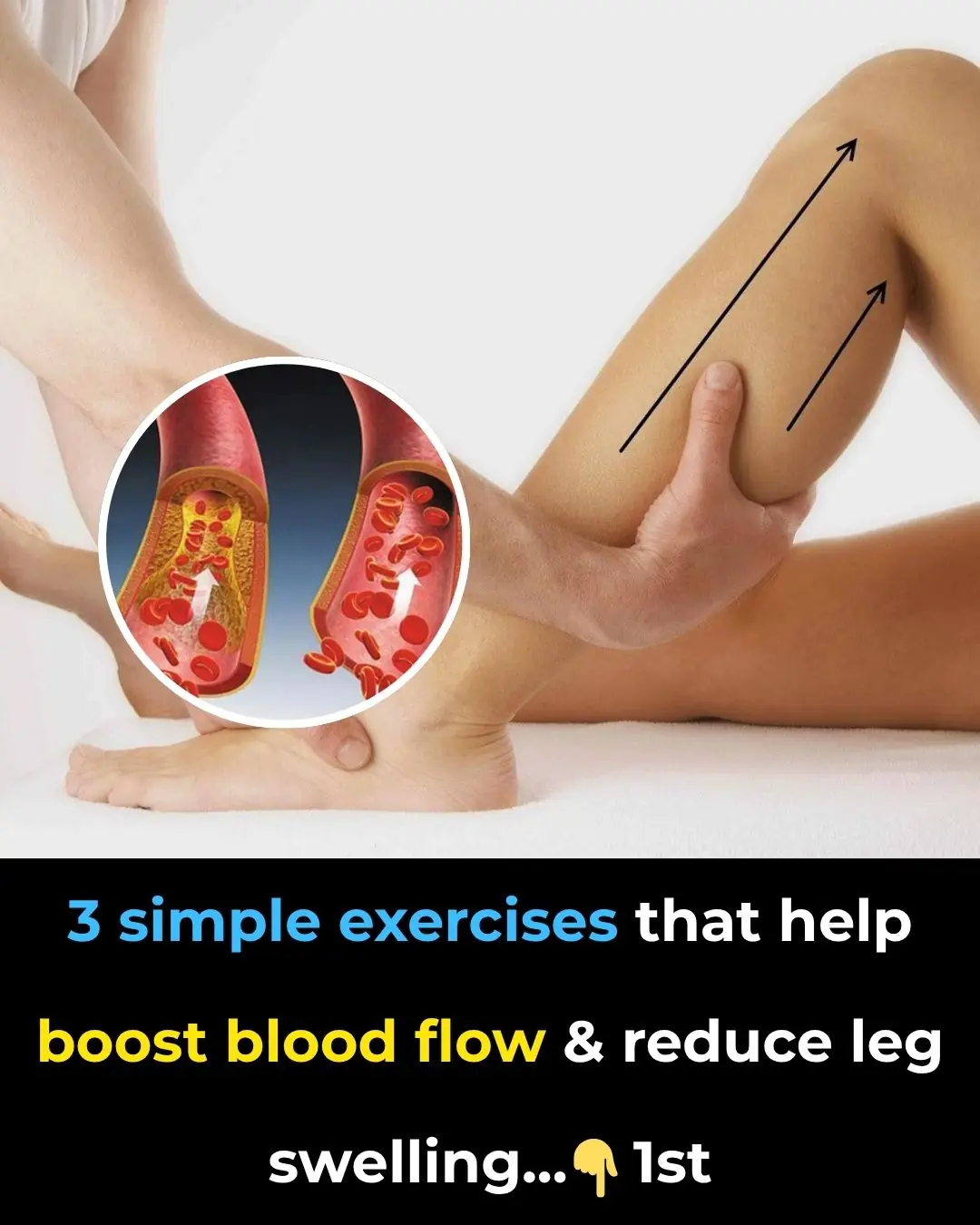
Beyond the Badge: A Police Officer’s Reflection on True Community Connection
For many people, a police badge is far more than just a shiny emblem pinned to a uniform—it represents service, authority, and a solemn duty to protect and serve the community. Yet, for one officer, the badge has never been the sole thing that defines who he is or what he stands for.
“I’m so thankful I never let the police badge be my only identifier,” he reflects thoughtfully. “I’m also grateful that I’ve followed the steps ordered by God throughout my journey.” His words speak not just of faith, but also of purpose—a clear understanding that who you are as a person goes beyond the job title or the uniform you wear.
Over the years, countless photographs have captured police officers shaking hands with residents, attending community events, or playing catch with local children. While those moments of connection matter deeply, he insists the real question is what happens when the uniform comes off. Can the trust, influence, and genuine connection you’ve built with people remain just as strong when you’re not wearing the badge? Does your role extend beyond the visible symbols of authority?
He recalls a defining moment early in his career that forever changed his approach to community policing. On a rare day off, he was invited to a young child’s birthday party. Without much thought, he started to put on his uniform. But then, he stopped and reconsidered.
“I told myself, no,” he remembers clearly. “I changed into a pair of jeans and a button-down shirt instead. In that moment, I decided I didn’t want every interaction to be with me in uniform.”
That choice was a deliberate one—rooted in the conviction that trust and respect shouldn’t hinge solely on the badge, but on the person behind it. “If you really want to talk about breaking down barriers, prove you’re a humanitarian first, not just a police officer,” he advises.
This mindset transformed how he approached his job. It wasn’t simply about showing up to patrol the streets; it was about showing up for people—on their terms, in their everyday lives, and without the barrier of a uniform. He has sat on curbs eating popcorn with children in the very neighborhoods he patrols, walked into block parties and backyard gatherings dressed like any other neighbor, and in those moments, the walls that often separate police and community come down.
“I’d wager these kids feel safer with me wearing civilian clothes than with the uniform on,” he says with a smile. Not because the uniform itself is intimidating, but because without it, there’s no barrier—just one person connecting authentically with another.
He acknowledges that some people might not fully grasp this perspective. “I know this will go over some people’s heads,” he admits candidly. To explain, he offers an analogy that has stayed with him through the years.
“Think of yourself as an eagle. When you wear the uniform, your wingspan reaches most, if not all, of your community. But what happens when you take off the uniform? Does your wingspan shrink? Do your connections falter?”
It’s a challenge meant to provoke reflection, not criticism. His message is simple but profound: true service extends beyond the confines of one’s job description or the symbols of authority. It’s about whether the respect and trust you build are enduring—whether they survive even when the uniform is put away.
For him, the answer comes in the form of smiles from children who run up to greet him regardless of whether he’s wearing a badge, in neighbors who wave him over just to chat about everyday life, and in the quiet assurance that his presence brings safety—not because of his title, but because of his humanity.
In a world where titles, uniforms, and roles often shape how people see one another, his story stands as a powerful reminder: lasting impact is born from personal connection, genuine care, and mutual respect. A badge may open doors, but it’s what you do without it—how you carry yourself as a human being—that truly leaves a legacy.
Ultimately, his journey shows us all that the heart of service lies not in the symbols we wear, but in the relationships we nurture. And in that truth, we find the true meaning of community, trust, and humanity.
News in the same category


The Night Edith Found Her Angels at a Waffle House
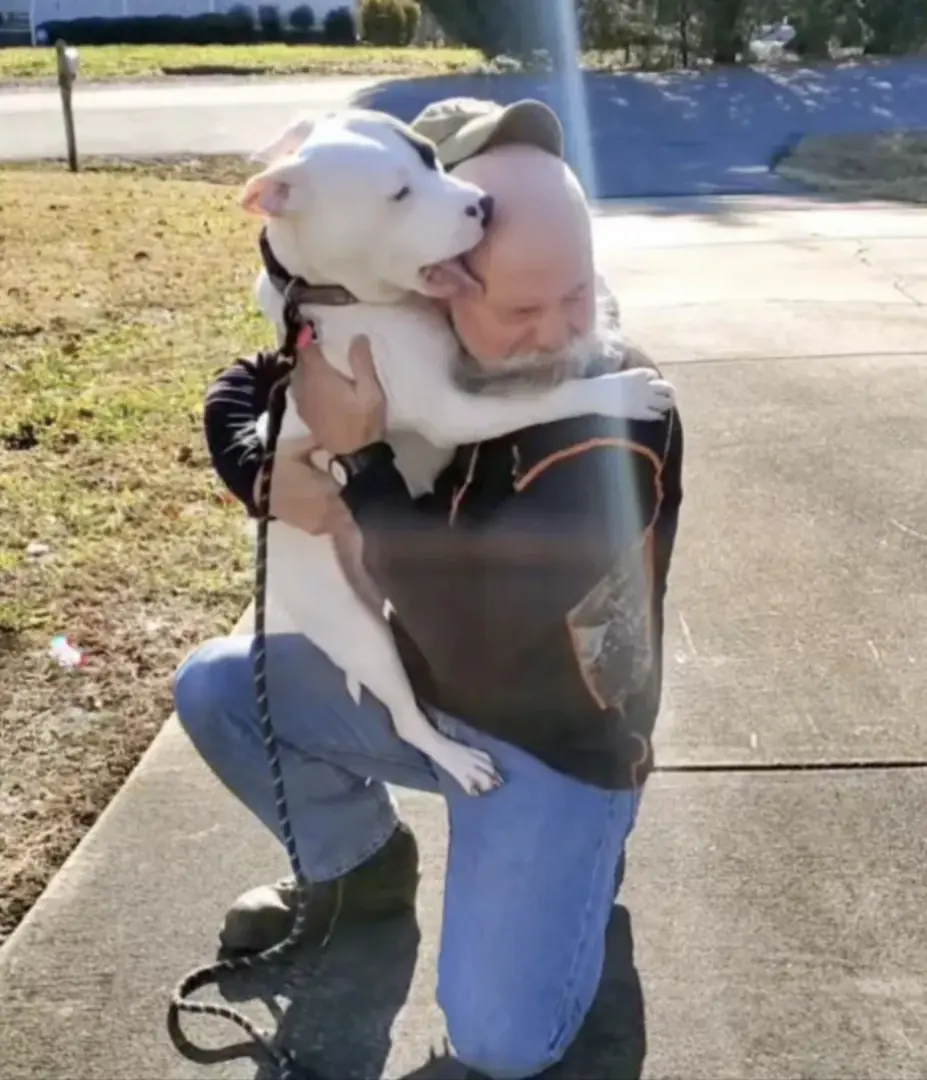
The Dog Who Healed Our Hearts: A Story of Rescue, Love, and Second Chances
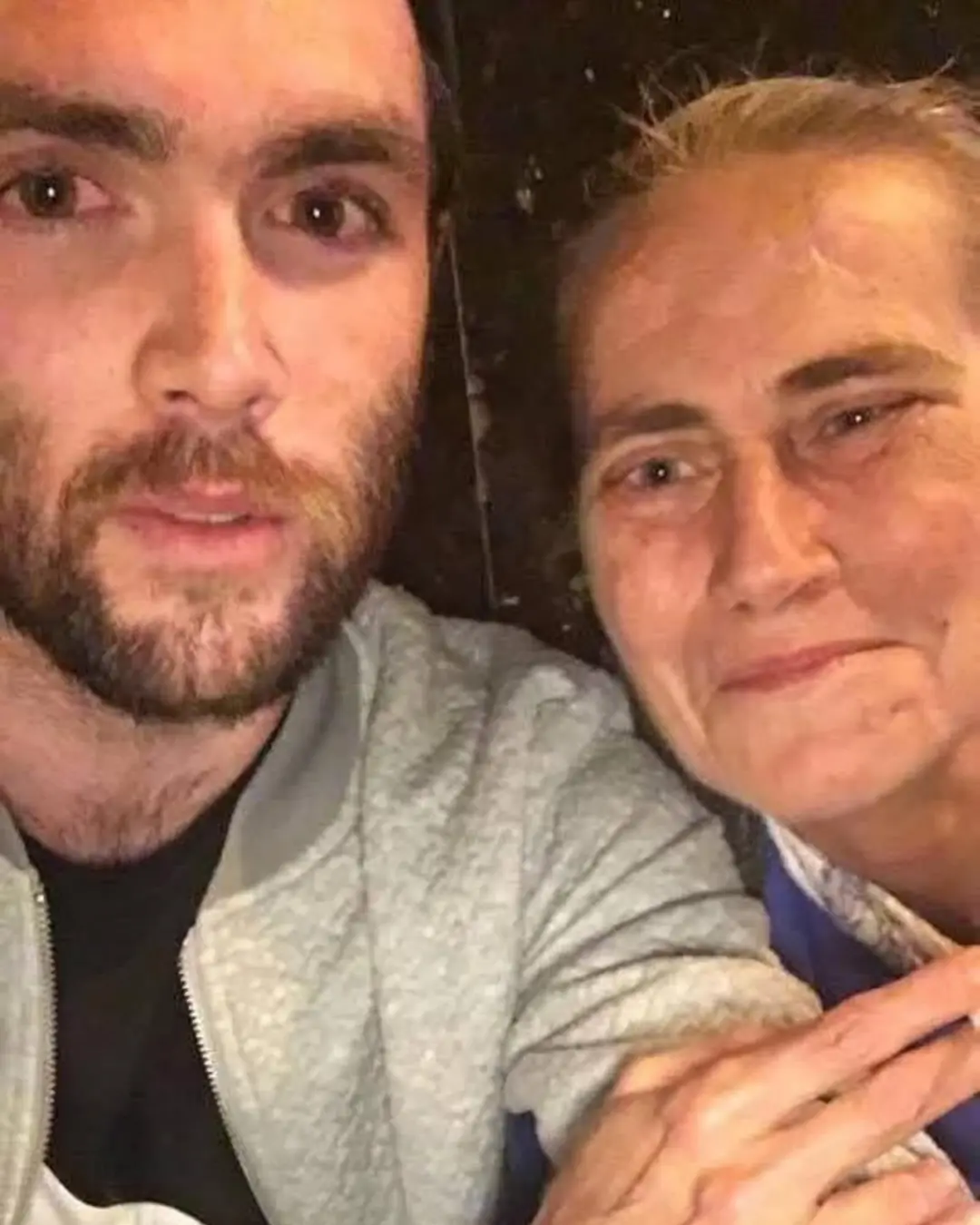
A Night at McDonald’s That Changed a Life — And Mine

Koda the Christmas Bandit: The Dog Who Unwrapped Every Gift Under the Tree
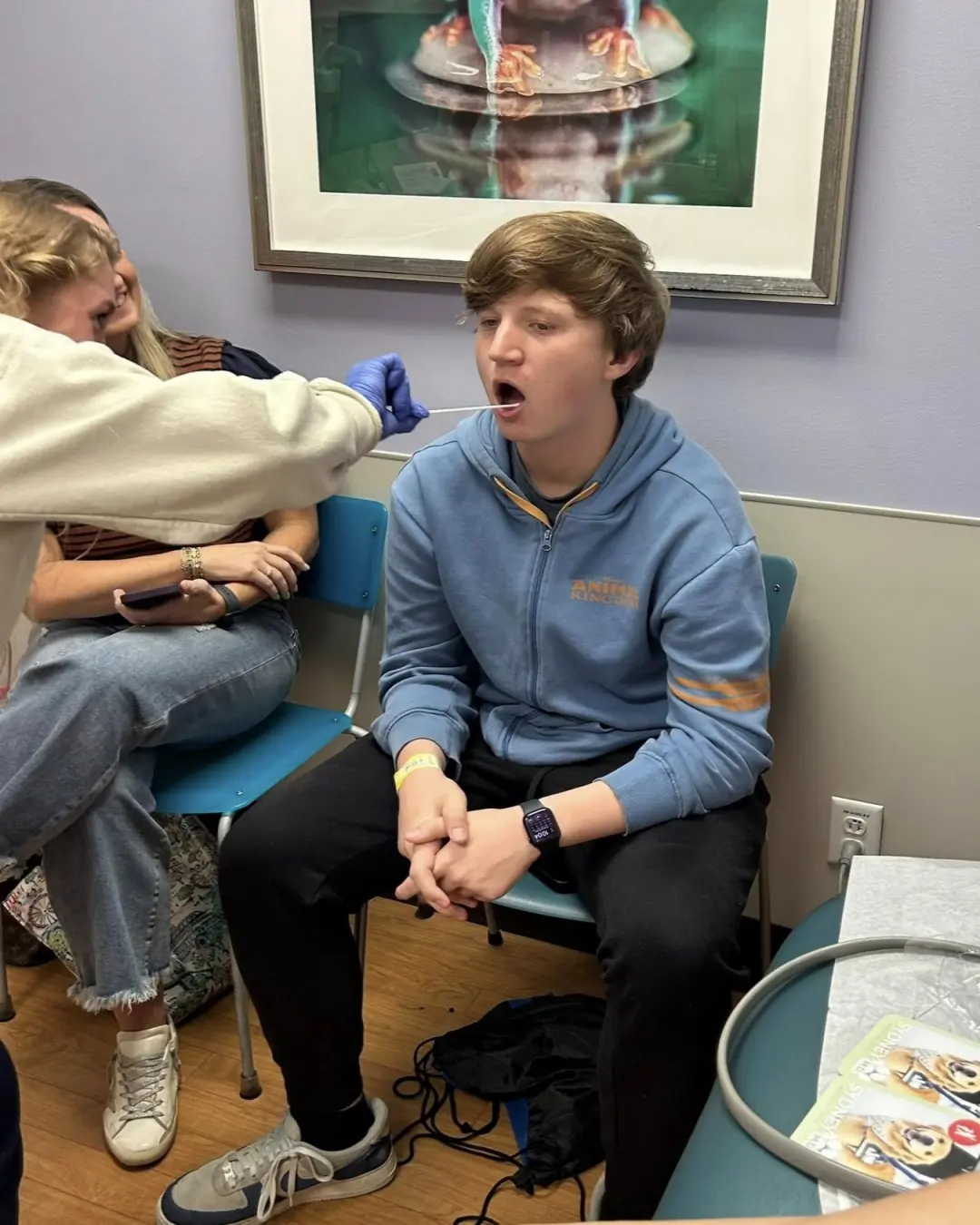
A Brother’s Gift: Caleb’s Courage for His Sister Libby
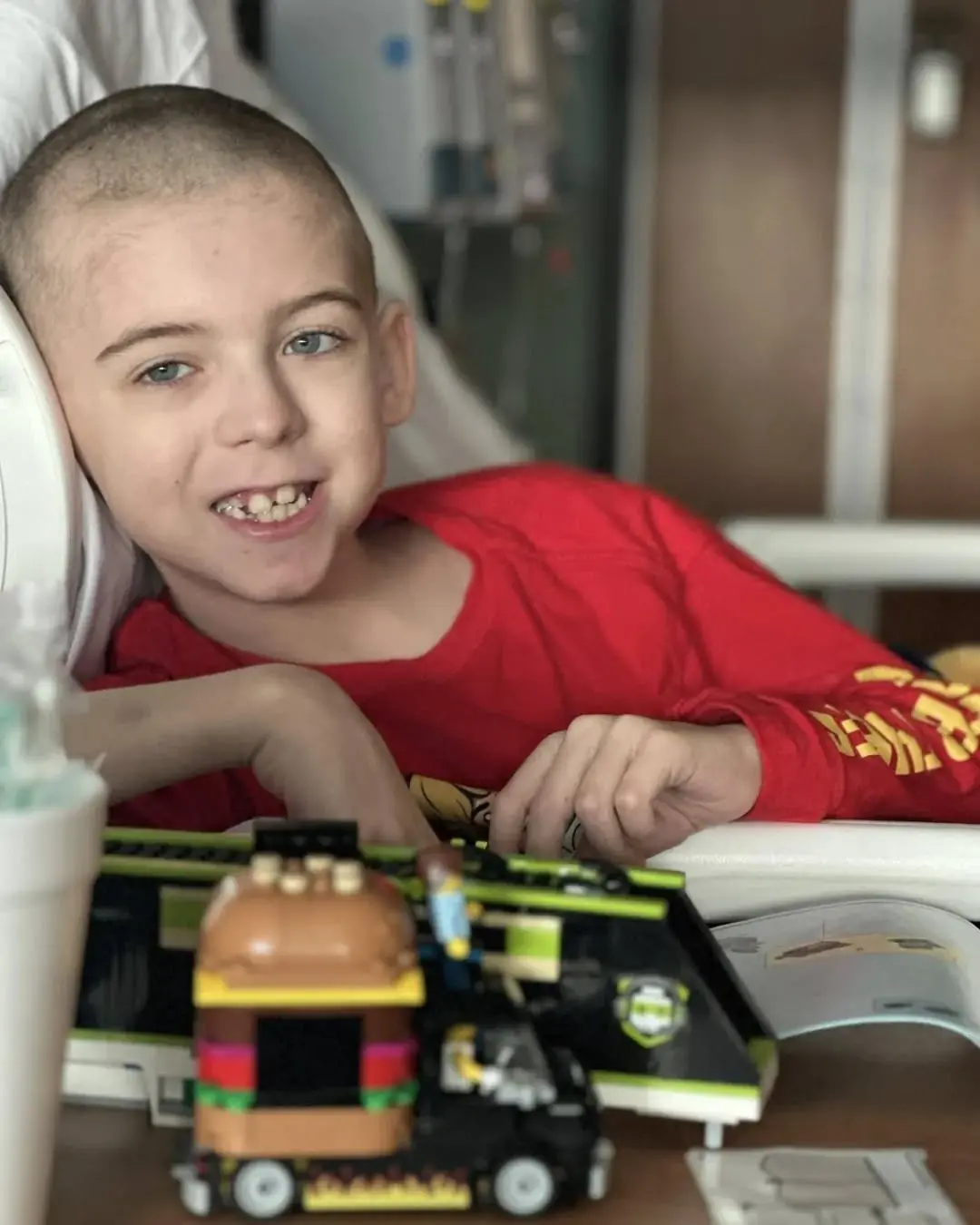
Two Brothers, One Battle: The Scotts’ Fight for Life and Hope
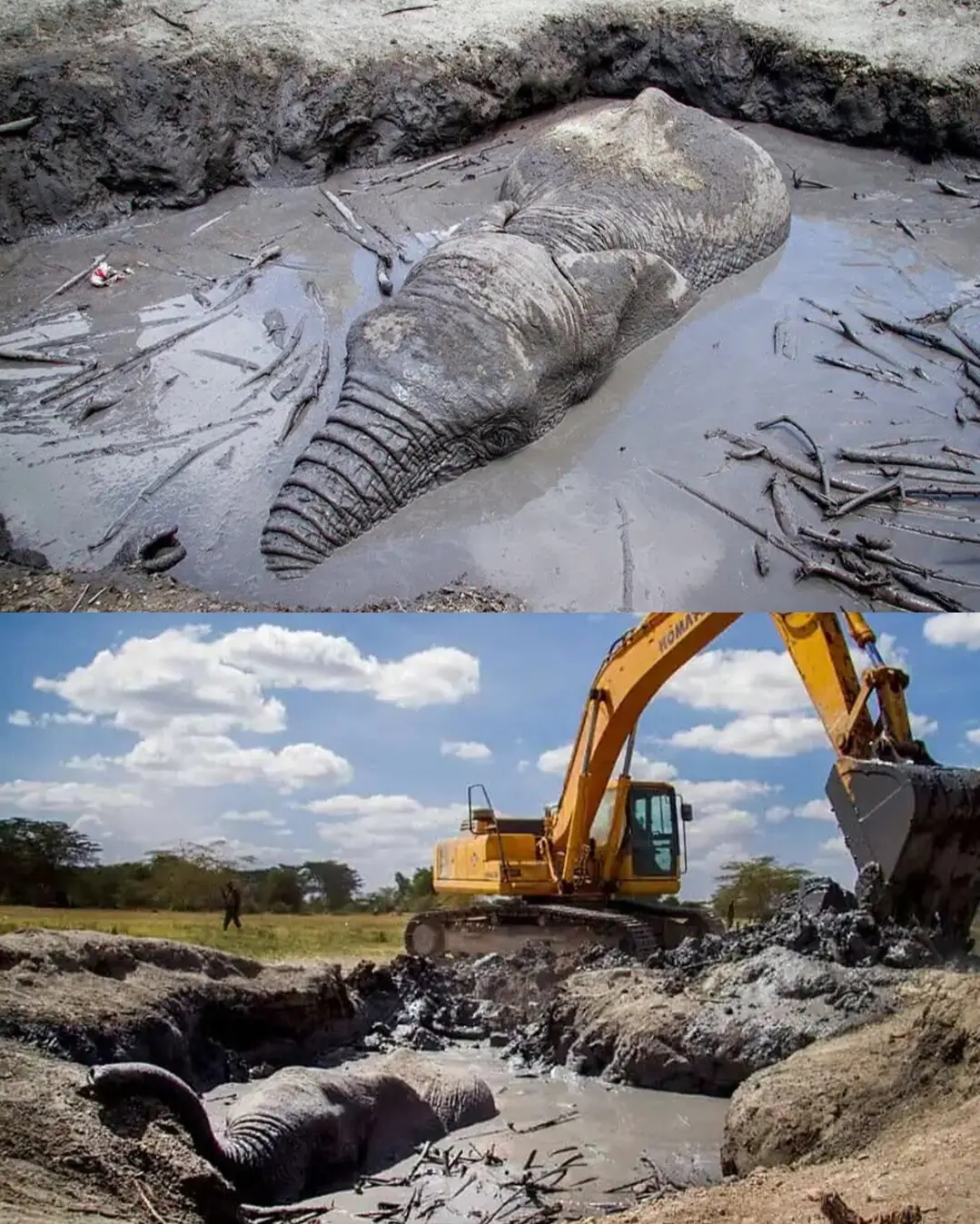
An Elephant’s Cry, A Human Answer.
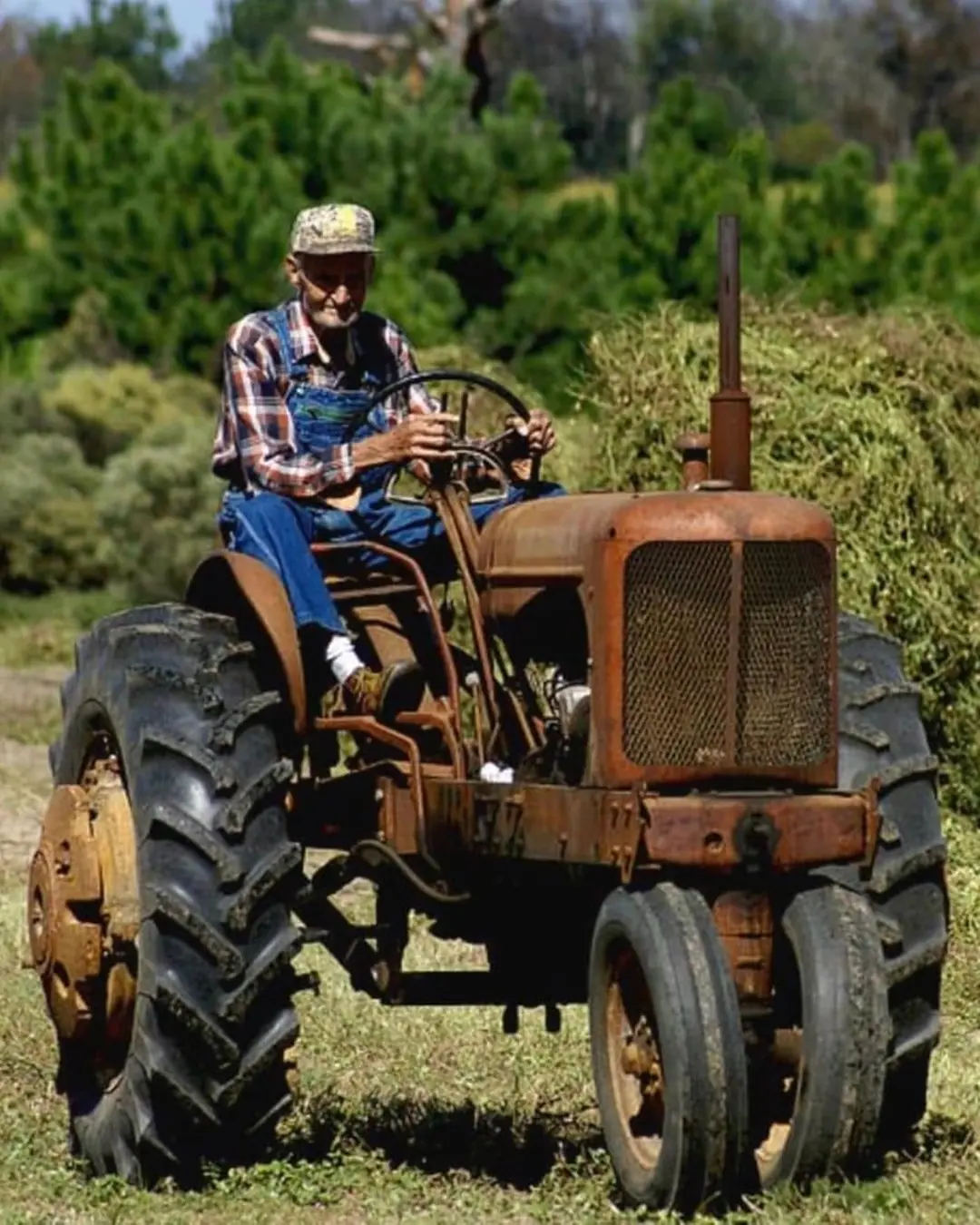
The Farmer’s Slow Lane
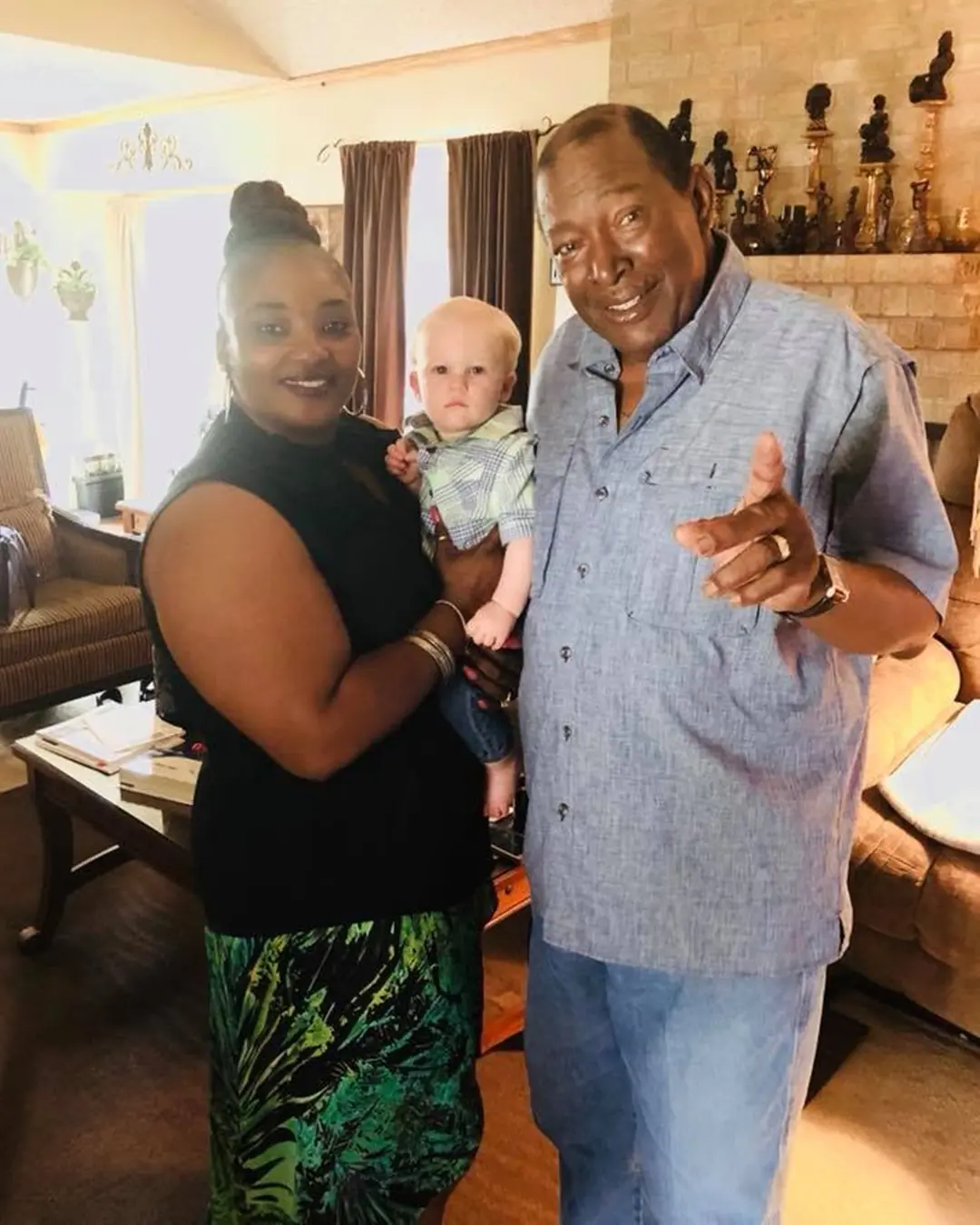
The Gift of a Grandfather Without Bloodlines.
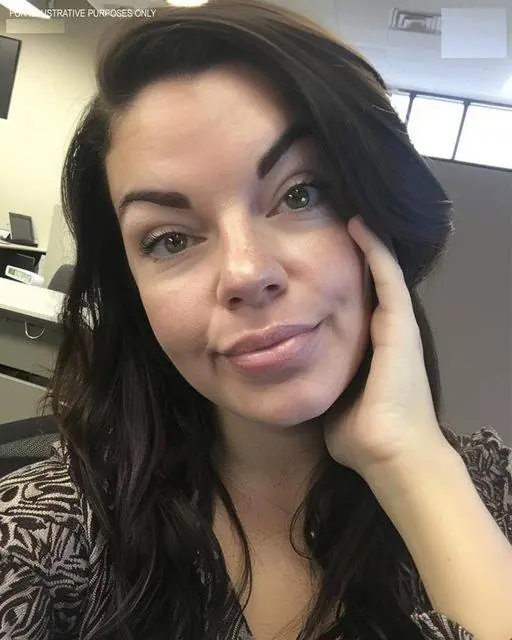
My Ex-husband’s New Wife Unexpectedly Contacted Me – What She Wrote Made Me Go Pale

I Inherited My Grandma’s Cotage, but My Jealous Cousin Wrecked It — So I Made Her Pay Every Penny
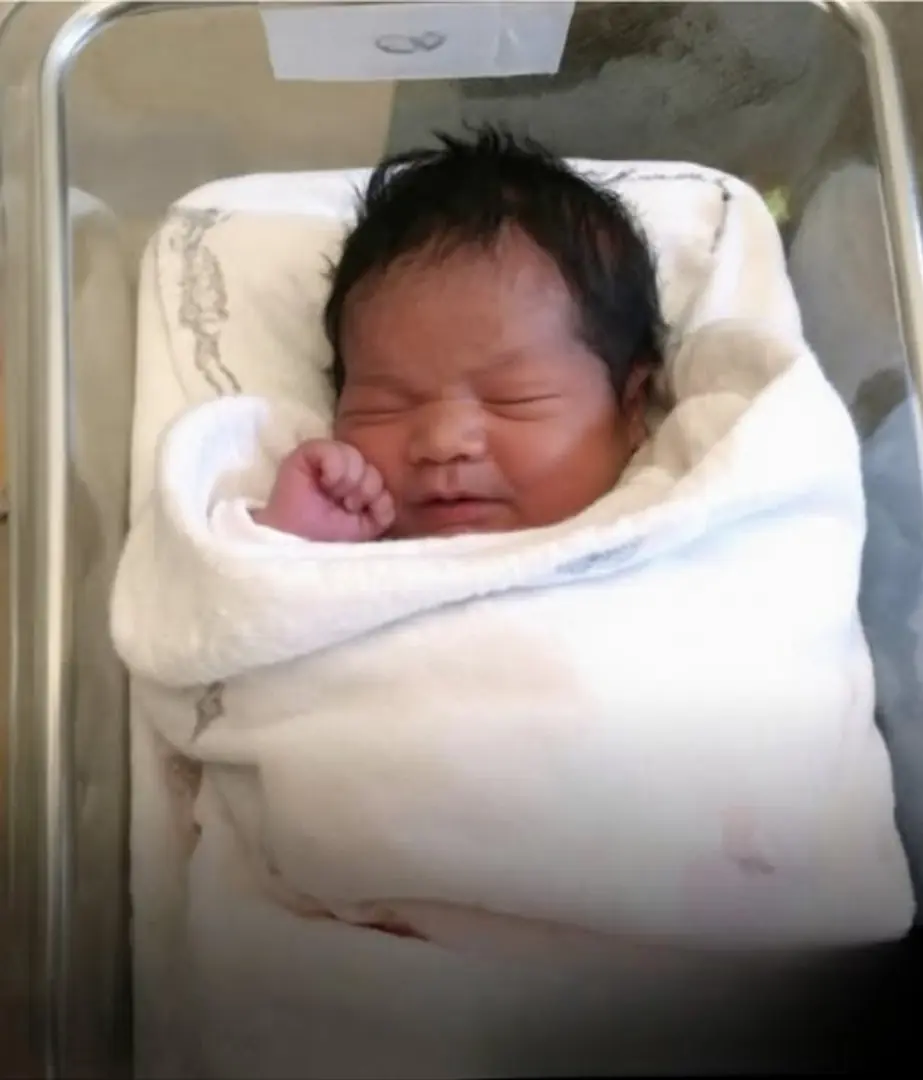
I Nearly Left My Wife When She Gave Birth to a Baby with Dark Skin — But the DNA Results Left Me Ashamed
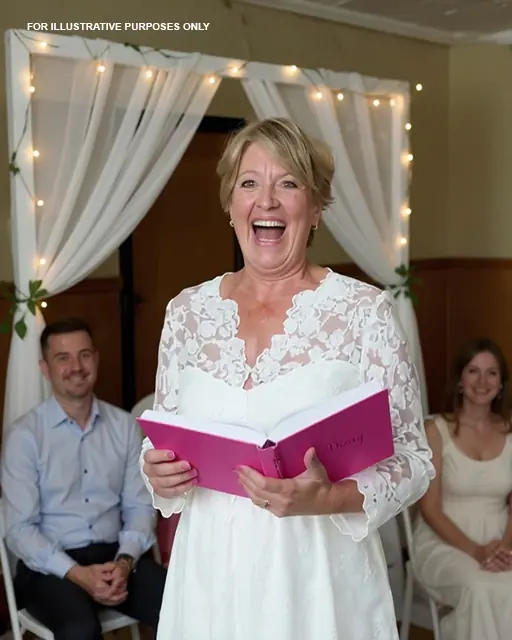
My Stepmother Read My Childhood Diary Out Loud at My Wedding to Embarrass Me — She Regretted It Instantly
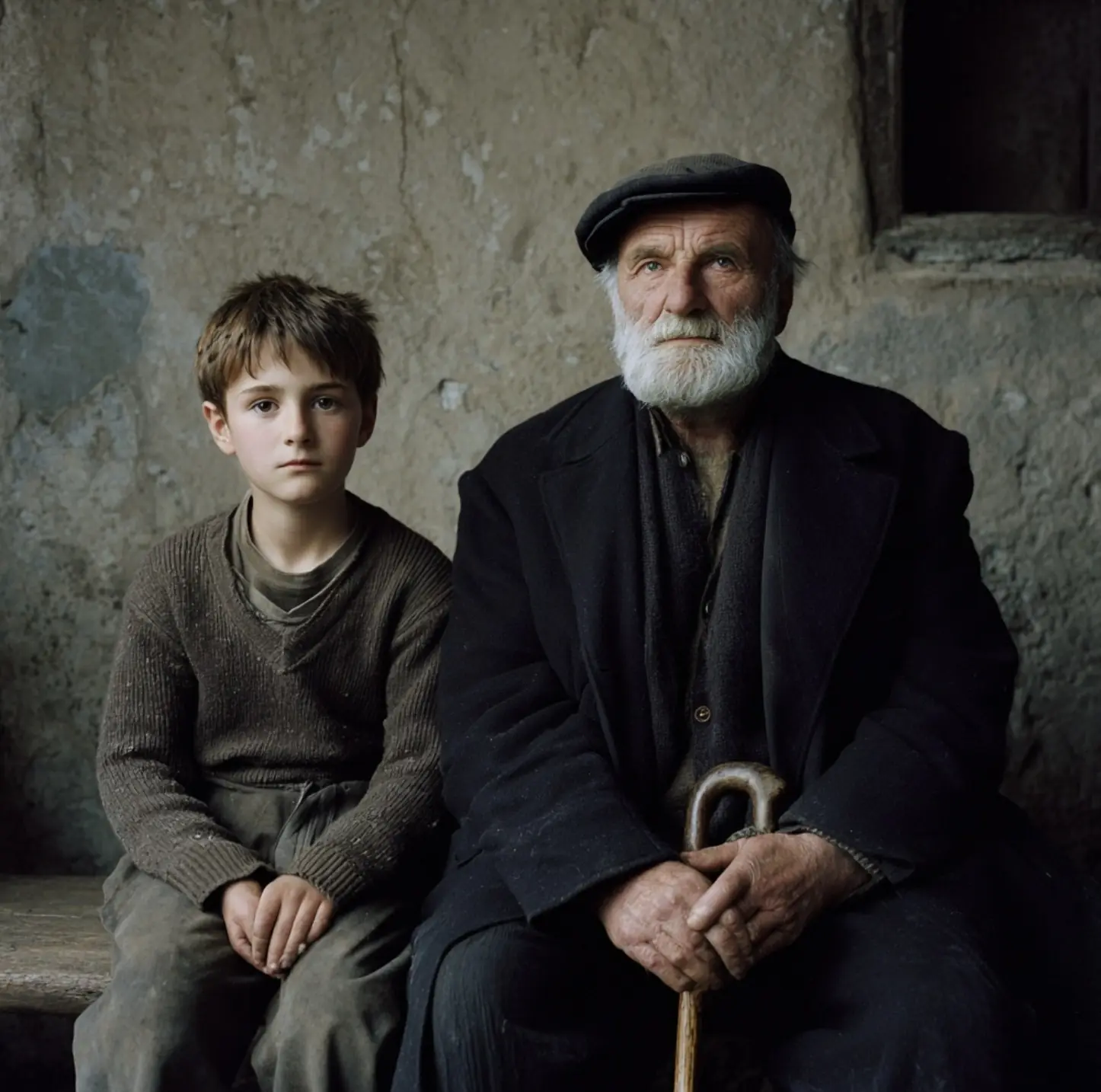
When his mother decided to leave again, Timka was twelve. She didn’t really explain anything, only said she’d been invited to teach—for just a couple of weeks

— Honestly… — her friend paused for a second, as if afraid to say too much, — I still don’t understand: how did you dare to do this? This is beyond the pale, Liza!

A pregnant student stood on the edge of a bridge, ready to jump… But a sudden child’s cry made her turn—and what she saw changed everything!
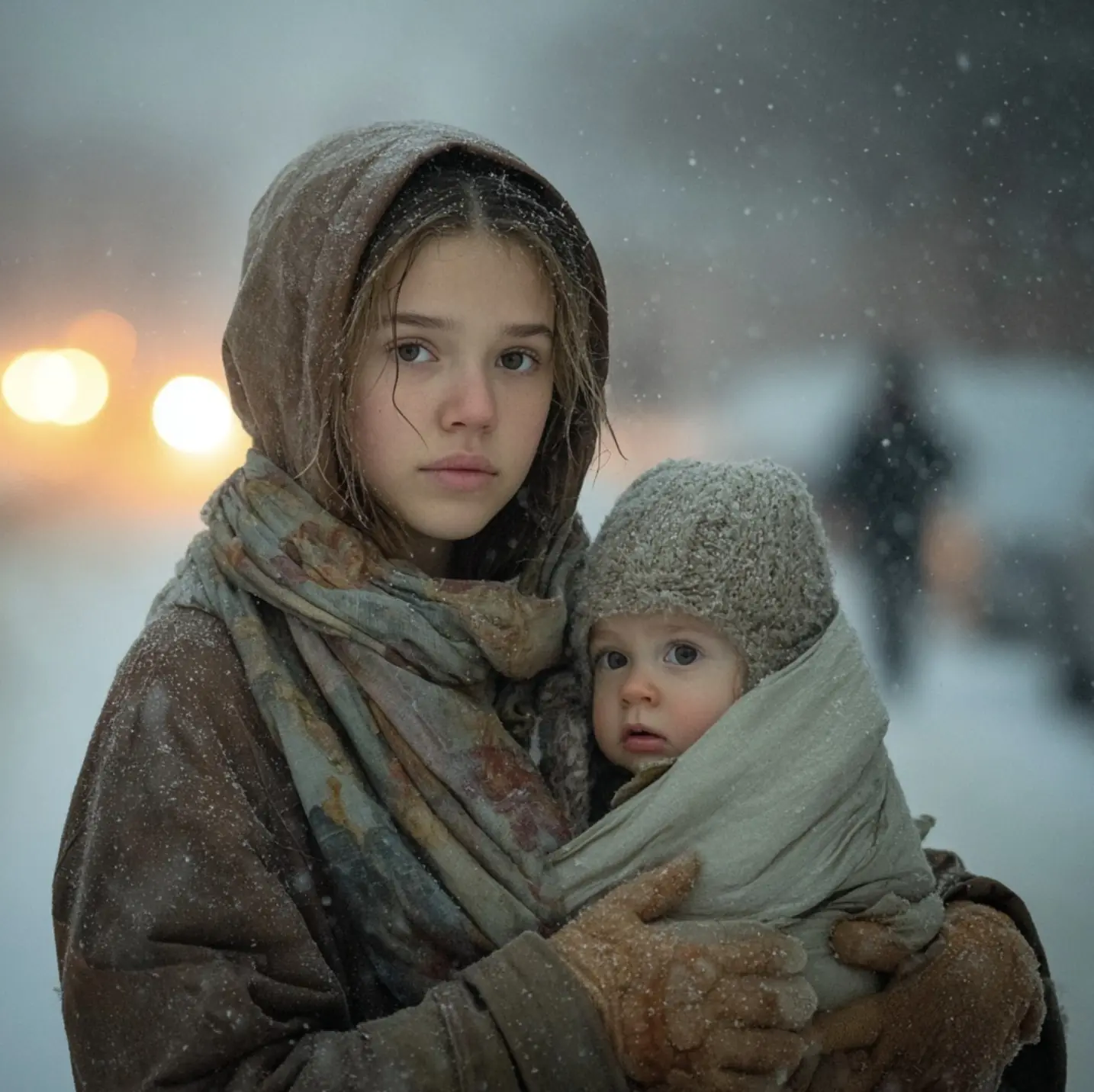
— “How can you sink so low? Aren’t you ashamed, dear? Your arms and legs work—why don’t you get a job?” people would say to the beggar woman with a child.
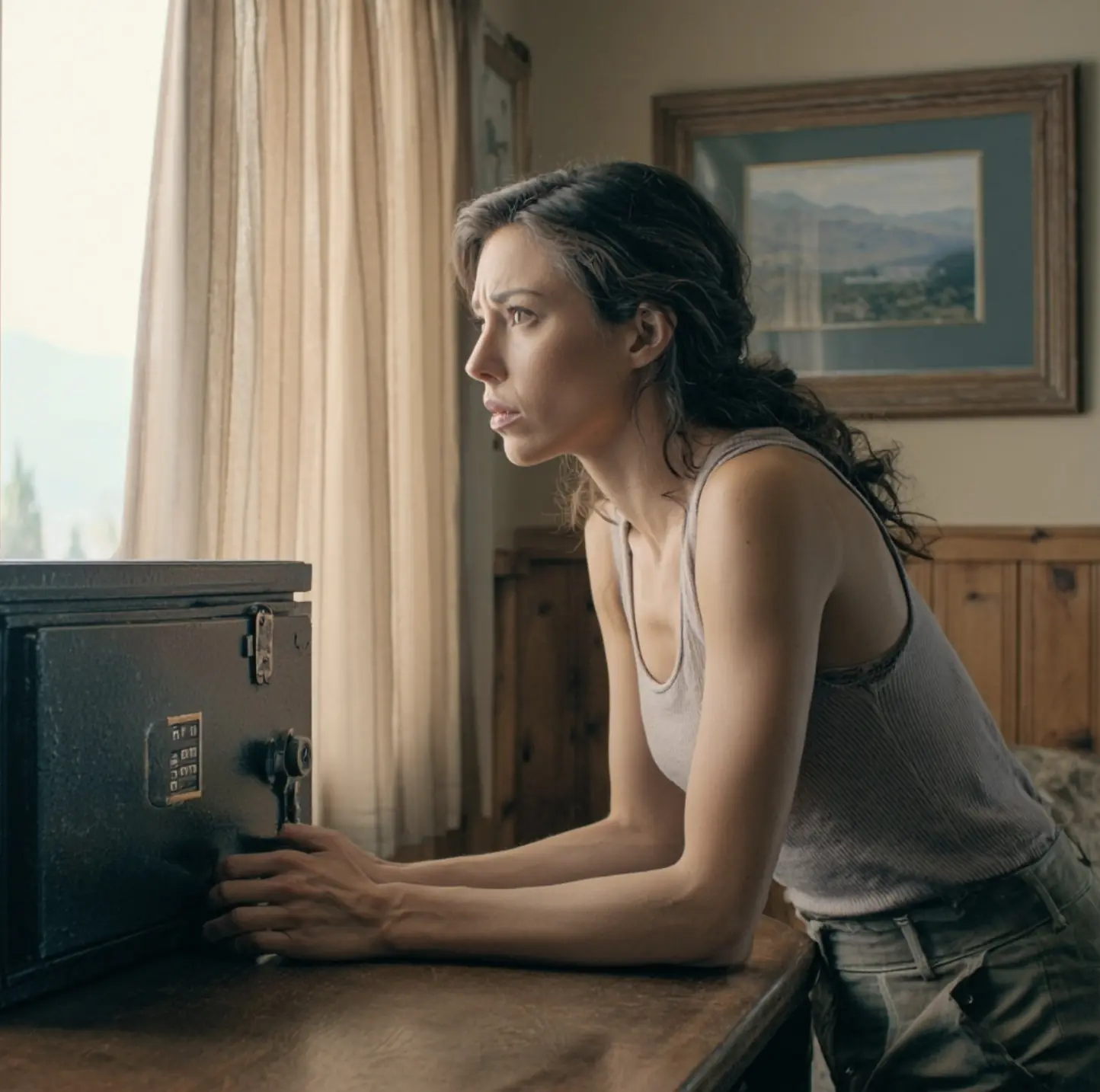
After her husband’s death, she finally dared to open his safe—the one that had always been locked. The moment the door gave way, the woman barely stifled a scream.
News Post

What Your Lips Say About Your Health

Important News for Everyone Who Loves a Daytime Nap

The Night Edith Found Her Angels at a Waffle House

The Dog Who Healed Our Hearts: A Story of Rescue, Love, and Second Chances

A Night at McDonald’s That Changed a Life — And Mine

Koda the Christmas Bandit: The Dog Who Unwrapped Every Gift Under the Tree

A Brother’s Gift: Caleb’s Courage for His Sister Libby

Two Brothers, One Battle: The Scotts’ Fight for Life and Hope

An Elephant’s Cry, A Human Answer.

The Farmer’s Slow Lane

The Gift of a Grandfather Without Bloodlines.

12 Powerful Natural Painkillers Found in Your Kitchen

11 Honey Remedies That Truly Work
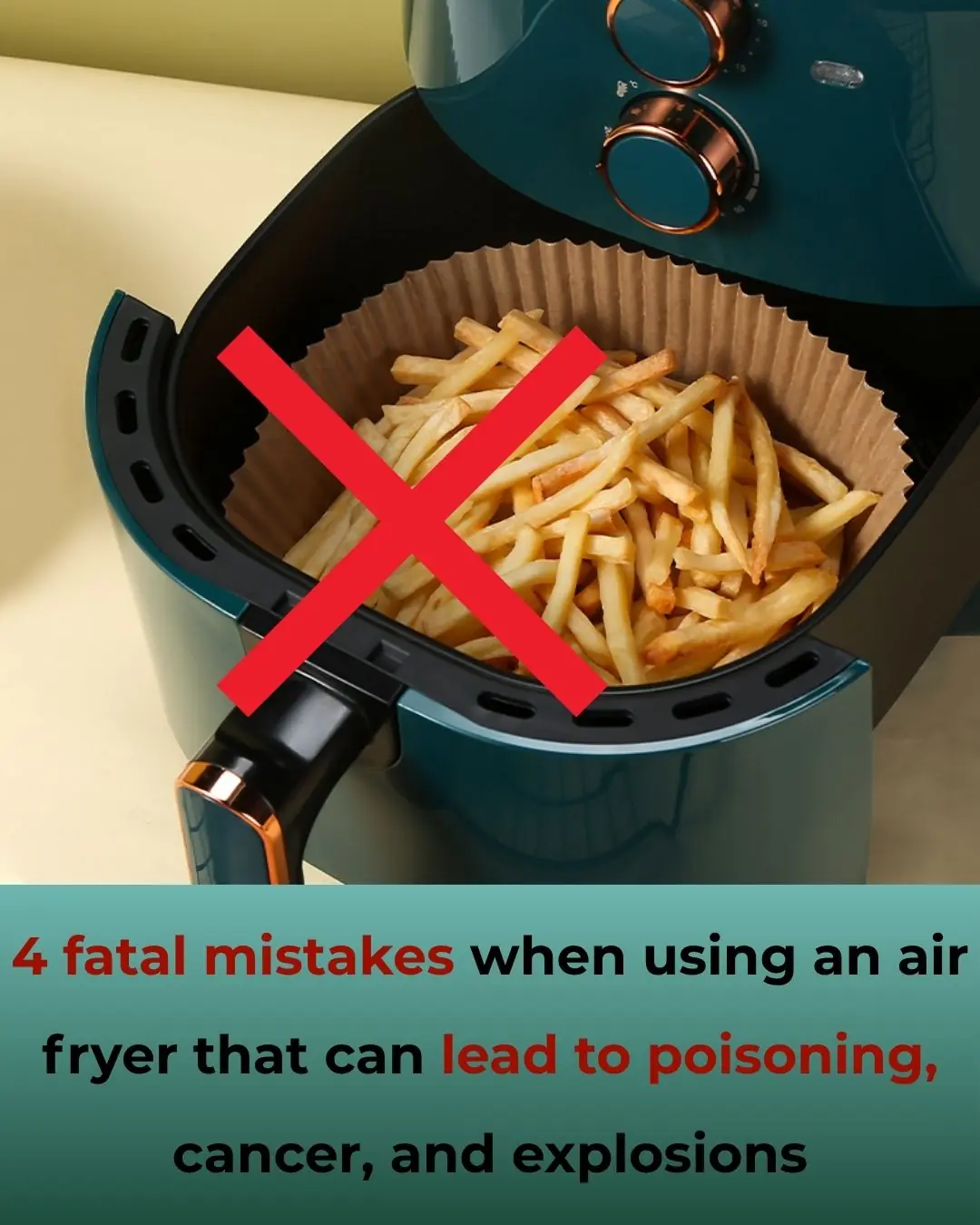
4 Dangerous Mistakes When Using an Air Fryer That Can Lead to Poisoning, Cancer, and Even Fires
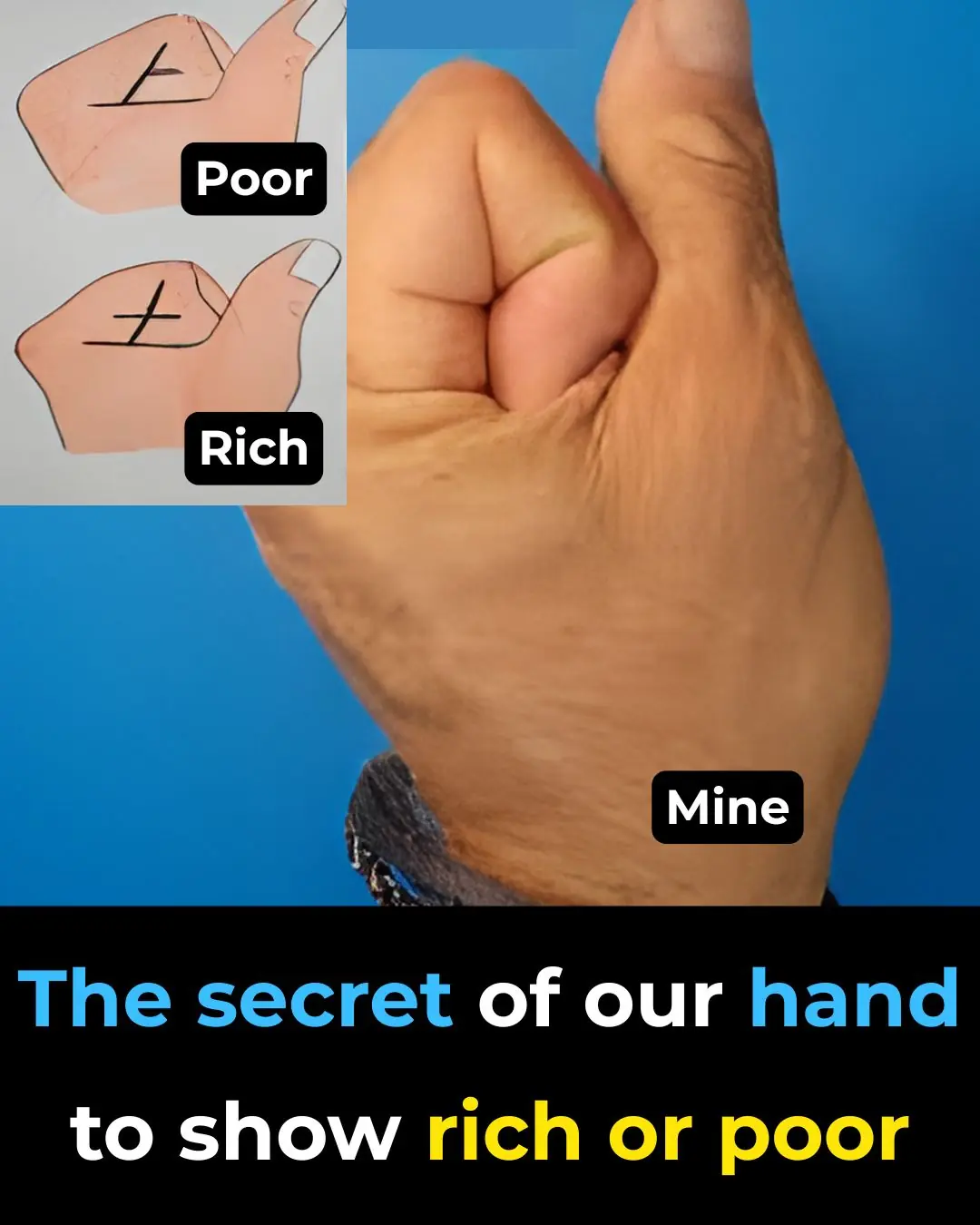
The Secret of Our Hand to Show RICH or POOR…

The Purpose of the Overflow Hole in Your Sink You Never Knew

Only 2% Know This Ancient Spice Can Clean Lung Mucus Overnight 💥
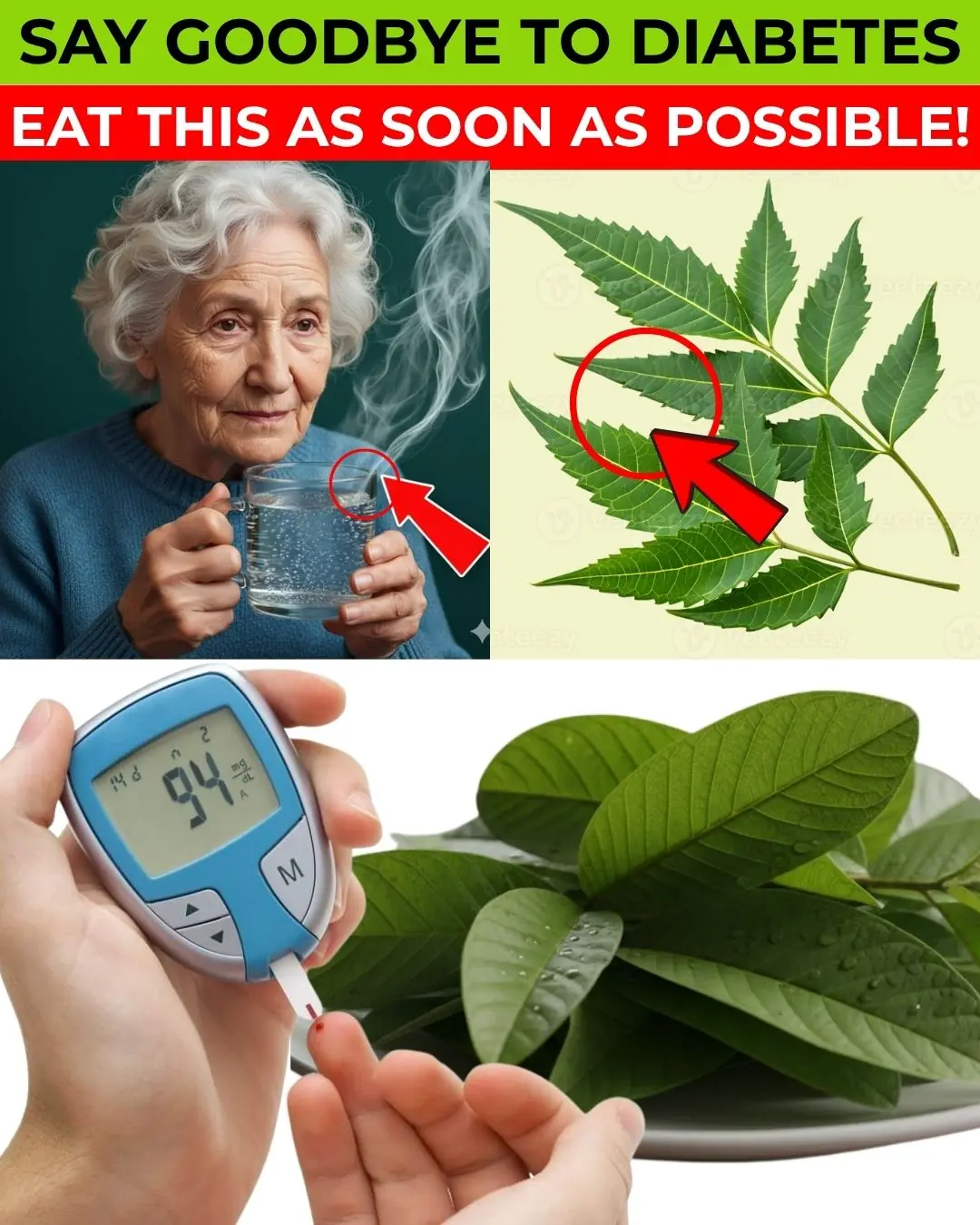
🌿 SENIORS: This 1 Leaf DESTROYS Diabetes & Melts Belly Fat (Doctors HATE It!) | Barbara O’Neill
